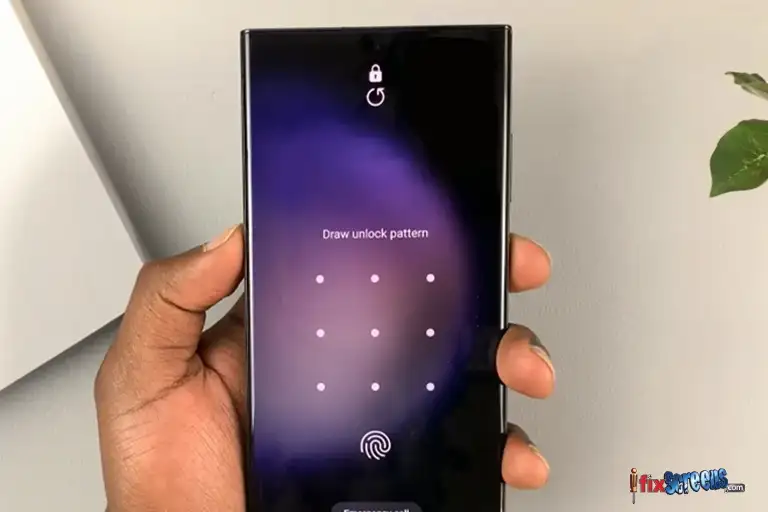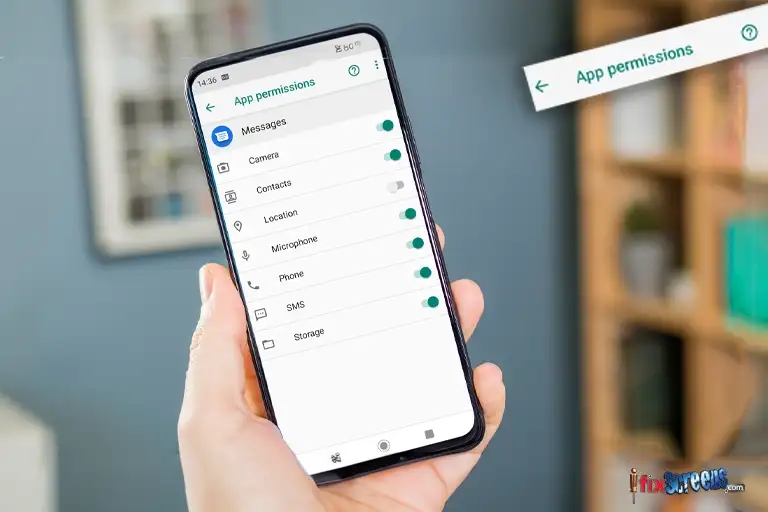Protecting Your Phone from Damage: Tips for Keeping Your Device Safe
In an era dominated by smartphones, ensuring the security of your mobile device has become paramount. Mobile security is protecting your device from physical damage and safeguarding your personal data and digital identity from many cyber threats. This guide will explore comprehensive security tips to help you keep your smartphone safe from physical harm and digital vulnerabilities.
Key Takeaways:
- Highlight the importance of mobile security in the smartphone-dominated era.
- Set the stage for comprehensive security tips to safeguard smartphones from physical and digital threats.
- Protect your smartphone with a robust PIN, password, fingerprint, or facial recognition.
- Regularly update your smartphone's OS and apps for vital security patches.
- Emphasize the significance of vigilance and proactive mobile security measures.
- Encourage prudent use of passwords, cautious online activities, and awareness of digital threats.
- Stress the value of a little precaution for safeguarding digital identity and device security.
Mobile Security Tips
Set Strong Lock Screen Security
Your smartphone's lock screen is your first line of defense. Secure your device with a robust PIN, password, fingerprint, or facial recognition method. Avoid easily guessable combinations like "1234" or "password."

Keep Your Software Up to Date
Regularly update your smartphone's operating system and apps. These updates often have security patches that protect your device from known threats. Enable updates to happen automatically whenever possible to ensure your software is always up-to-date.
Download Apps from Trusted Sources
When downloading apps, stick to official apps like the Google Play Store or Apple App Store. These stores have rigorous security checks to minimize the risk of malware-infected apps.
Review App Permissions
When installing apps, review the permissions they request. Some apps may ask for unnecessary access to your camera, microphone, or location. Only grant permissions that are required by the app to function. Regularly review and revoke licenses for apps you no longer use.

Use a Mobile Security App
Consider installing a reputable mobile security app on your smartphone. These apps offer antivirus scanning, anti-phishing protection, and app monitoring to protect your device from various threats.
Secure Your Wi-Fi Connections
Avoid connecting to unsecured public Wi-Fi networks, as they are a prime target for hackers. If you have to use public Wi-Fi, use a virtual private network (VPN) that will encrypt the internet traffic and protect your data from potential eavesdroppers.
Be Wary of Phishing Attempts
Phishing attacks often target smartphones through text messages, emails, or fake websites. Be cautious when clicking on links or providing personal information. Verify the source's legitimacy before sharing sensitive data or clicking on unfamiliar links.
Encrypt Your Device:
Enable encryption on your smartphone to protect the stored data. Encryption ensures that even if your device falls into the wrong hands, the data remains unreadable without the decryption key. Most modern smartphones have this feature built-in.
Smartphone-Specific Tips
For Android Users
Regularly review and manage app permissions in your device settings.
Use a trusted antivirus app to scan for malware.
Avoid downloading apps from third-party sources.
For iPhone Users
Ensure that you download apps only from the Apple App Store.
Be cautious of app permission requests and review them carefully.
Apple's iOS is known for its robust security features, but it's essential to stay vigilant.
Password and Data Security
Use strong, unique passwords for all your accounts, and consider a password manager to help you keep track.
Enable two-factor authentication (2FA) wherever possible for an added layer of security.
Avoid saving sensitive information, such as credit card details, in notes or messaging apps.
Public Wi-Fi and Online Banking
Avoid conducting sensitive activities like online banking while connected to public Wi-Fi networks.
Always ensure that the websites you visit have "https://" in their URLs to encrypt your data.

Beware of Mobile Threats
Mobile devices are susceptible to various threats, including spyware, phishing attempts, and malware. Knowing about the latest mobile security threats and following best practices to protect your device is vital.
VPNs for Added Security
Consider using a VPN when connecting to the internet, especially on public Wi-Fi networks. VPNs encrypt your internet traffic, making it more challenging for hackers to intercept your data.
Stay Informed and Stay Safe
Keeping your smartphone safe from both physical damage and digital threats requires vigilance and a proactive approach. Be extra careful when using passwords, connecting to public Wi-Fi, and downloading apps. Protect your data and privacy, and keep your smartphone secure in an increasingly interconnected world. Remember, a little precaution today can go a long way in safeguarding your device and your digital identity.
FAQ's
Q: What security measures can iPhone users take?
A: iPhone users can enhance their device security by:
Setting a solid passcode or using Touch ID/Face ID for authentication. - Download apps only from the App Stores. - Paying attention to app privacy settings and permissions. - Keeping their iPhone's operating system updated to the latest version. - Enabling the Find My iPhone feature to locate and remotely erase the device if lost.
Q: Is using a VPN essential for mobile security?
A: Using a Virtual Private Network (VPN) on your smartphone can enhance your mobile security by encrypting your internet traffic. This will protect your online activities from prying eyes.
Q: What is the role of a password manager in smartphone security?
A: A password manager is a valuable tool that helps you generate, store, and manage robust and unique passwords for every smartphone app and service you use. Using a password manager reduces the risk of password-related security breaches.
Q: How can Android users protect themselves from spyware?
A: Android users can protect themselves from spyware by
Avoid downloading apps from unknown sources. - Regularly scanning their device for malware using reputable antivirus software. - Being cautious while granting app permissions and reviewing app reviews and ratings.
Q: What are the typical mobile security threats to be aware of?
A: Some common mobile security threats include:
- Mobile malware: Malicious software designed to exploit vulnerabilities in mobile devices. - Data breaches: Unauthorized access to personal information stored on your phone. - Phishing attacks: Attempts to trick users into revealing their login credentials or personal information. - Unsecured Wi-Fi networks: Connecting to unsecured Wi-Fi networks can expose your device to hackers. - App vulnerabilities: Some mobile apps may have security vulnerabilities that attackers can exploit.